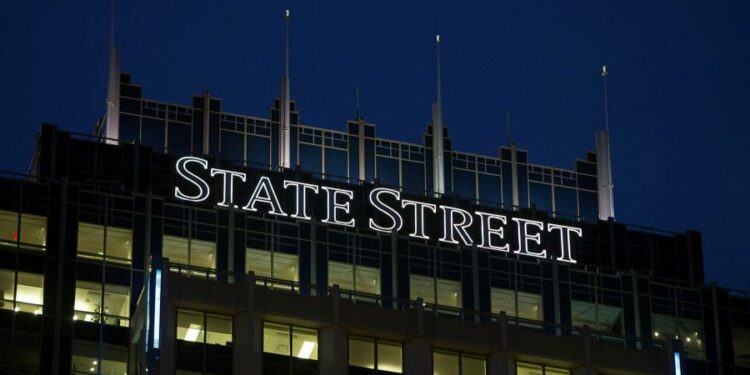Custody banks are often likened to unglamorous plumbers working behind the financial scenes. The biggest of these standalone players — Bank of New York Mellon, State Street and Northern Trust — make money from providing back-office services to institutional investors and fund managers.
While their work may not be flashy, their shares have been anything but. Shares in the three companies have risen between 28 to 35 per cent this year, outperforming the S&P 500’s 26 per cent gain and JPMorgan’s 27 per cent rise.
For investors, the low-margin work performed by custody banks is traditionally deemed safe because of their steady and stable nature. Yet that assumption is being challenged as asset managers, themselves squeezed by the shift from active to low-cost passive funds, demand lower fees.
BlackRock said this week it was pulling most of its ETF assets out of State Street’s safekeeping as it looks to cut the cost of back-office work. Instead, it will shift 40 per cent of its $2.3tn US ETF holdings to Citigroup, 30 per cent to JPMorgan and 15 per cent to BNY Mellon.
But investors should not panic yet. State Street reckons the BlackRock business it is losing accounts for about 1.5 per cent — or $140m — of its 2020 fee revenue. The Boston-based group has been winning more new business than it loses. Its custody assets hit $43.3tn at the end of September, a $6.7tn increase from the year before.
Servicing fees rose 7 per cent to $1.4bn during the third quarter. A push into higher margin services such as data analytics and front-office software helped pre-tax margins rise 480 basis points.
The bank’s own asset-management business, State Street Global Advisors, which is benefiting from stock market gains and ETF inflows, should get a further boost from higher interest rates next year.
Custody banks may be dubbed the “world’s worst oligopoly” because of their inability to raise prices. But that does not make them any less profitable.











